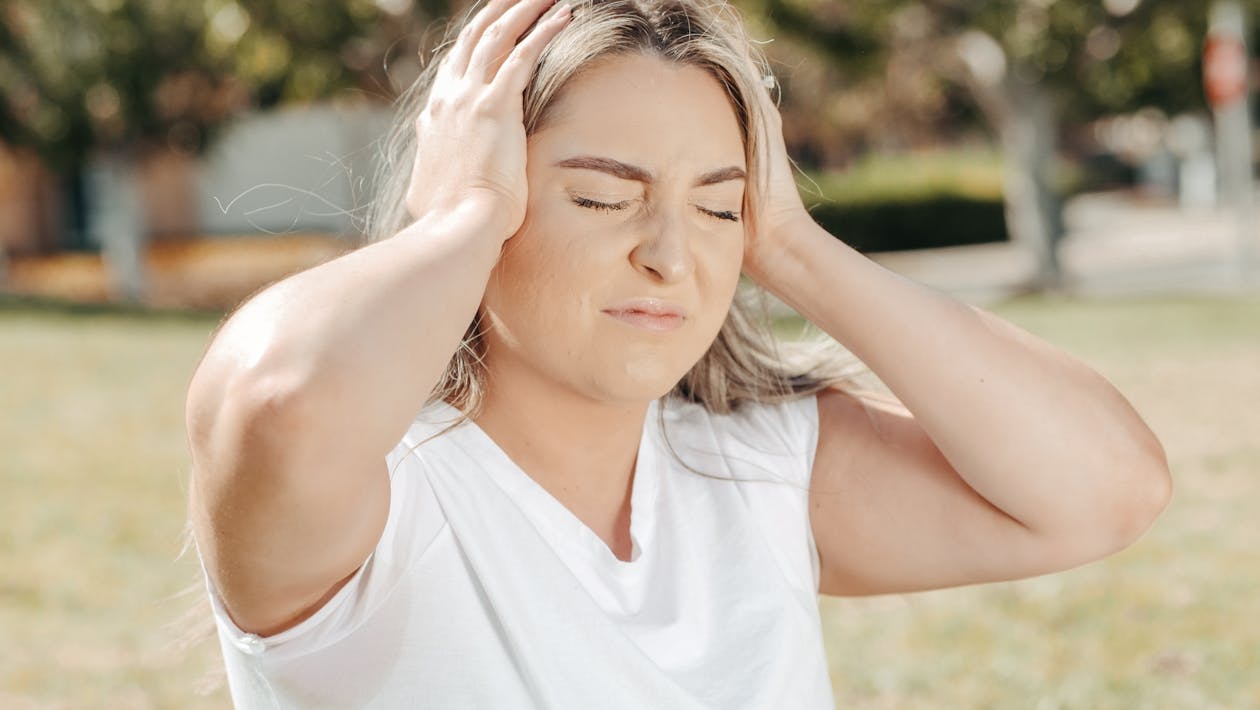The idea that a person has a “genetic predisposition” to having a stroke has been around for decades. But is it true? Could a person’s genes actually play a role in whether or not they have a stroke? The truth is, we still don’t know for sure. The following article will tell you whether strokes are hereditary or not.
What Is a Stroke?
A stroke occurs when part of your brain becomes damaged. This damage may cause a loss of control over certain muscles, such as the eyes, arms, legs, face, and tongue. A stroke can also affect the speech center of the brain.
When someone experiences a stroke, it’s important to get medical help right away. However, this isn’t always possible. If you’re wondering whether you could be at risk for having a stroke, here are some things that you should know.
Strokes tend to happen more frequently in older people than younger ones. The most common symptoms of a stroke include:
1. Sudden weakness or numbness of an arm, leg, or face.
2. Confusion or trouble speaking.
3. Blurred vision or double vision.
4. Severe headache with no known cause.
If you have any of these symptoms, you need to call your doctor immediately.
It can take several days for a stroke to occur. In fact, it may not even show up until weeks after the initial event.
You shouldn’t worry if you don’t experience all of these symptoms. However, if you do experience one of them and they last longer than a few minutes, then you should seek immediate medical attention.


Is There a Genetic Link to Strokes?
If you have a family history of stroke, then you might be worried that your children will also suffer from the condition. This is why you should look into the possibility of having a stroke yourself. If you want to know more, then keep reading.
There are many different reasons why you could get a stroke. For example, you may already have one. You may develop another after suffering with high blood pressure. Or you might become susceptible to other diseases like heart disease or diabetes.
However, there are certain factors that increase the risk of having a stroke. One of these is genetics. That means that if you’re the parent of someone who has suffered a stroke, then you’re likely to face similar health problems in the future.
Another factor is age. The older you get, the greater your chance of getting a stroke. This is because your arteries harden as you grow old. As a result, you’ll find it harder to open them up again.
Still another factor is gender. Men are more prone to strokes than women. However, this isn’t always true. Sometimes, men can also suffer from the condition.
Are Strokes Inherited?
Stroke is a condition that causes serious damage to the brain. It can be caused by a variety of reasons, but most commonly occurs when blood flow to the brain stops. If you have a family history of stroke, then you should talk with your doctor about whether or not there’s any risk factors for you.
You might also want to consider taking certain steps to reduce the likelihood that you’ll get a stroke yourself. For example, you could start doing regular exercise, eat healthy foods, and avoid smoking. You should also make sure to keep an eye on your cholesterol levels.
If you’re concerned that you may develop a stroke, then you need to speak with your doctor. He or she can help you identify the best ways to prevent it from happening in the future.


How Can You Prevent Strokes?
Stroke is a condition that affects the brain. If your stroke happens suddenly, then it will cause serious damage to your body. This means that you’ll need medical attention right away. However, many people don’t realize that they have been suffering from a stroke for some time before their symptoms appear. In fact, there are several things that you can do to help reduce the risk of having a stroke.
First, you should be aware of any warning signs. For example, you might feel dizzy, confused, or tired. Other symptoms include numbness in one side of your face or arm, trouble speaking, or sudden weakness in an arm or leg.
If you notice these kinds of problems, then you should go to the doctor immediately. Your doctor can perform tests to determine whether you’ve had a stroke or not.
Second, you should try to avoid certain things that may trigger a stroke. You shouldn’t smoke or drink alcohol while you’re pregnant. You also shouldn’t consume large amounts of caffeine. Finally, you should eat well-balanced meals and make sure to get enough sleep.
Is There a Cure for Strokes?
The short answer is yes, and it’s called transcranial Direct Current Stimulation, or tDCS.
A stroke occurs when the blood supply to the brain is interrupted, causing damage to cells and tissue. This damage is caused by the lack of oxygen and nutrients needed to sustain brain activity. It also causes blood to leak from the capillaries into the brain.
Stroke patients experience symptoms such as weakness, numbness, and paralysis. In some cases, the stroke can cause permanent physical disabilities, such as aphasia, which is the inability to understand and communicate language.
The good news is that the symptoms of a stroke are temporary. As long as the brain has sufficient oxygen and glucose, the damage to the cells and tissues can be repaired.
In some cases, the brain can recover function even if the stroke was severe. With rehabilitation therapy, the brain’s damaged areas can heal themselves. However, even if the brain is fully functional after a stroke, there are still residual impairments that prevent people from returning to their previous level of functioning.
For example, an individual who had a stroke that resulted in paralysis on one side of his body may never regain his ability to move his leg. Aphasia might mean that he cannot express himself, or he may only be able to speak a few words at a time.
tDCS is a safe and effective treatment that can help stroke patients recover from their disabilities. It works by delivering weak electrical currents to the brain.
In the past, tDCS was used primarily as a therapy for depression and anxiety. Recently, researchers discovered that tDCS could be useful for treating stroke-related impairments.
The FDA approved tDCS for use in clinical trials in 2013, and since then, several studies have shown positive results. Some of these studies have shown that tDCS could improve the ability of stroke patients to walk and speak.
Other studies have shown that tDCS can enhance memory and improve cognitive abilities. For instance, a study that compared the effects of tDCS versus physical therapy on patients with chronic stroke showed that both treatments were equally effective, but tDCS was significantly better.
There is still much research that needs to be done before tDCS can be used as a treatment for stroke. Currently, it’s most effective when used to improve muscle control, balance, and movement. It may also help with cognitive functions, including learning and memory. Although tDCS is not a cure for stroke, it’s a promising treatment that can improve recovery. For now, it should be used alongside traditional therapies such as physical therapy, speech therapy, and occupational therapy.




